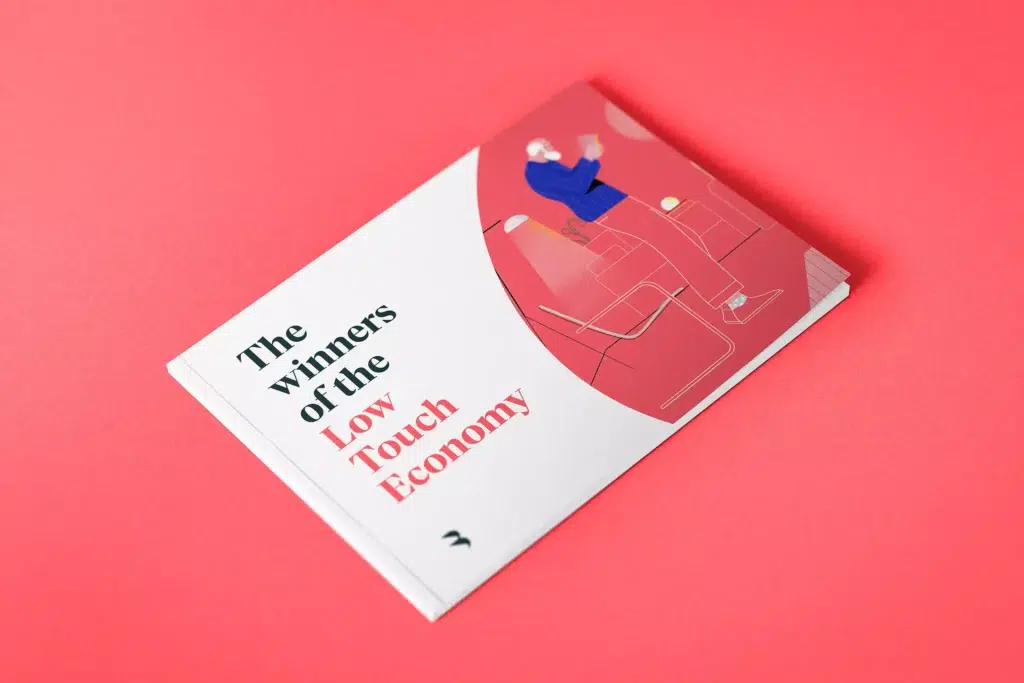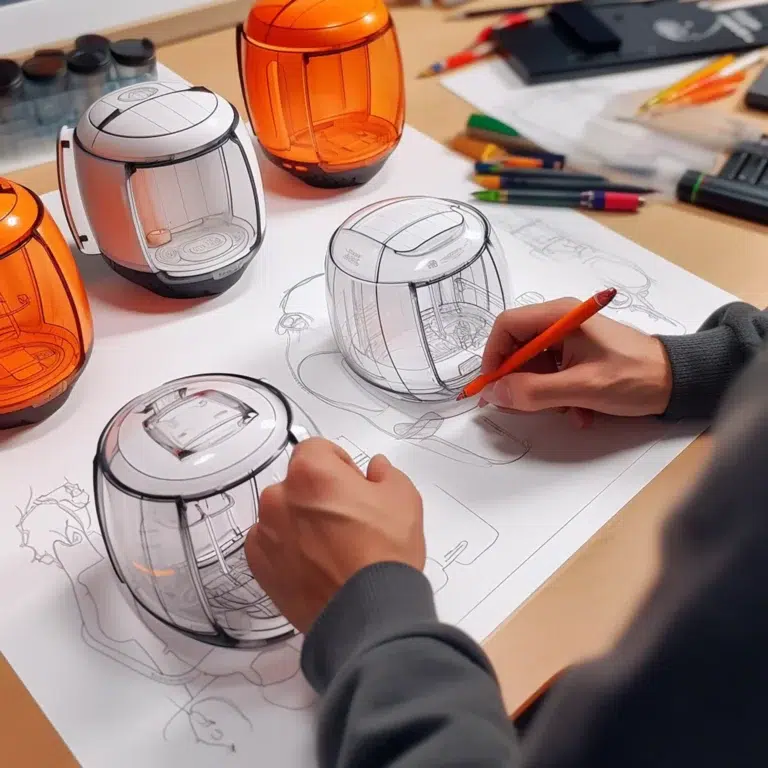Crisis or not, sometimes your business needs to explore new products and services. To survive, you must adapt. And if that’s your goal, we know a tried and tested approach that you should be using.
Rather than deploy a knee-jerk new marketing campaign when sales drop, we’d suggest leveraging your existing relationships with clients. Go back and try to really understand their needs and problems. Hidden in there, you might find triggers to help you design substitute or alternative solutions. These triggers are known as jobs-to-be-done.
What is the jobs-to-be-done framework?
The jobs-to-be-done framework is a process which involves looking beyond your customer’s present demands to analyze the needs that inspire them – the true problems they are looking to solve.
How does it work?
The jobs-to-be-done method is very straightforward:
Investigate the “job” your client is “hiring” your product for.
What other products or services focus on that same goal/need?
Step 1
Investigate the “job” your client is “hiring” your product for.
Assume your product is “luxurious international holidays.” If that’s the case, a tourist or traveler might use your product to:
- Disconnect from work
- Connect/bond with family/friends
- Meet new people
- Have a unique experience
- Brag on social media (for status)
- Learn something new
- Be served/enjoy convenience
- Reduce stress
- Belong to a certain group/fit in
- Feel rewarded for hard work
Step 2
What other products or services focus on that same goal/need?
Traveling to an exotic destination can solve a lot of problems for your clients – but it’s not the only option they have.
Say their need is:
- To reduce stress
There are a lot of stress-reduction products and services out there. Many have emerged throughout the health crisis. Some of those are even in the travel and tourism space.
Take Project Passport – they offer mental empowerment retreats and events for women. Obviously, their offerings weren’t very popular amid the initial Covid-19 wave, so they adapted. The team behind Project Passport realized they could still solve their clients’ jobs-to-be-done – and potentially tap into an underserved section of the market in those unable to travel – simply by altering their products.
Project Passport now offer “Virtual Retreats.” In each, a facilitator guides participants through stress management techniques, self-discovery exercises, and more. The service is pay-as-you-go and available to both groups and individuals.
Now, what if their needs are:
- To be served/convenience
- To have a new experience
Instead of a regular hotel experience, HomeSuitHome.com created a substitute service where they bring the hotel experience to their client’s home. They’ll get access to the convenience and novelty of a concierge service, food boxes, remote concerts, etc., without breaking lockdown. Not every real-world experience can be transferred to the home, of course. But in a pinch, this could be a great alternative.
The need:
- To disconnect from work
Sometimes, substitutes can be found well outside the core market (which is travel and tourism, in this example).
If disconnecting from work is the job to be done, a client has a lot of indoor options. They can watch Netflix rather than go to the movies. Or in lieu of the germy gym, they could sweat away lingering stress on a Peloton bike.
Then there’s gaming, which boomed like never before during the crisis. One of the clear winners in this space was Animal Crossing – an accessible world-building game where people of all ages create mini islands and socialize whenever they feel like it.
Same problems, different solutions.
How can you leverage jobs-to-be-done in the Low Touch Economy?
Consumers don’t make conscious decisions about their jobs-to-be-done. They have certain needs, and they might casually explore and switch between product categories to find a decent solution. Keep that in mind.
When international travel dips this summer, we expect that certain other product categories will go up as a result. In particular, keep an eye on all “small luxury products.” For instance, a person that’s forced to skip a fancy Bali trip might instead treat themself to a couple of extra-fancy dresses. Regardless of means, these consumers will still want a treat for all their hard and stressful work this year. They’ll swap one purchase for another option that solves their job to be done in a similar way.
Once you understand the jobs-to-be-done approach, it will be an amazing tool to help you uncover new product and service innovations for your business.

New +100 page report
See which companies are taking the lead in the Low Touch Economy, and discover 30+ white-space opportunities you can leverage now.


